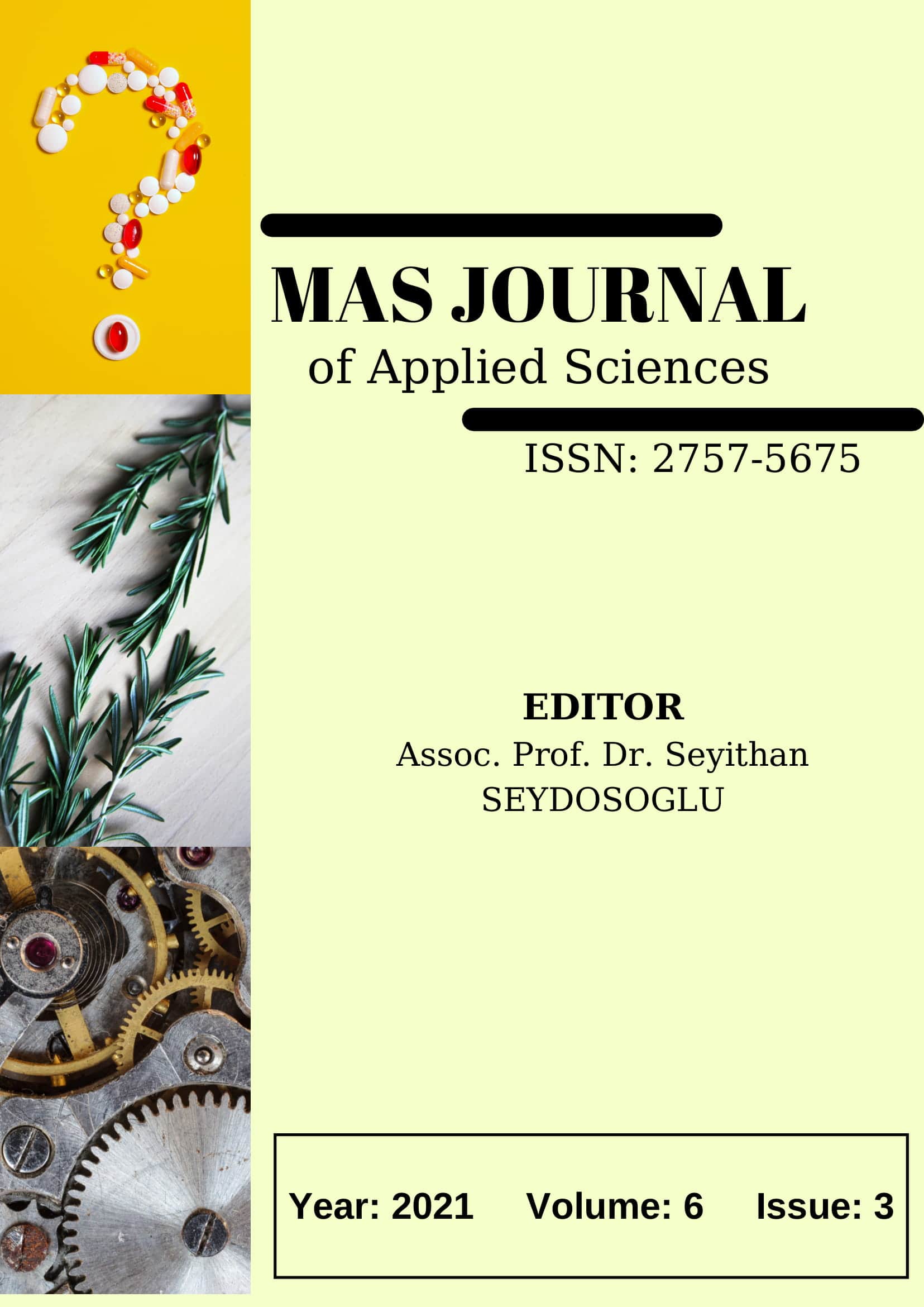Siirt Ekolojik Koşullarında Farklı Ekim Zamanlarında Ekilen Nohut Çeşitlerinin Verim, Verim Öğeleri ve Nodülasyon Üzerine Etkisi
DOI:
https://doi.org/10.52520/masjaps.114Anahtar Kelimeler:
Adaptasyon, Cicer arietinum, geç ekim, iklim değişikliği, protein verimiÖzet
Dünya genelinde yılda yaklaşık 13 milyon ton üretilen nohut (Cicer arietinum L.), gıda güvenliği ve tarımsal ekonomi açısından önemli bir rol üstlenmektedir. Nohutta tane verimi ve kaliteyi etkileyen faktörlerin başında ekolojik şartlara adaptasyon ve ekim zamanı yer alır. Deneme, tesadüf bloklarında bölünmüş parseller deneme desenine göre 3 tekerrürlü olarak kurulmuştur. Araştırmada ana parselleri ekim zamanları (3 Mart, 8 Nisan ve 27 Nisan), alt parselleri ise nohut çeşitleri (Hisar, YaŞa-05, Zuhal ve Sezenbey) oluşturmuştur. Çalışmada ekim zamanları protein oranı hariç tüm özellikleri istatistiki açıdan önemli olarak etkilemiş, çeşitlerden kaynaklanan farklılıklar ise ilk bakla yüksekliği, bitki boyu, nodül sayısı, bakla sayısı, tane verimi ve protein oranı bakımından önemli farklılıklara yol açmıştır. Çıkış süresi 13.8-17.8 gün, çiçeklenme süresinin 50.6-76.7 gün, bakla bağlama süresi 52.3-84.0 gün, yetişme süresi 84.4-115.4 gün, ilk bakla yüksekliği 28.2-37.3 cm, ana dal sayısının 1.3-1.8 adet, bitki boyu değerleri 40.6-58.4 cm, bitkide bakla sayısı 10.3-23.3 adet, biyolojik verimin 169.0 -477.6 kg/da, tane veriminin 46.8-214.3 kg/da, nodül sayısının 9.7-26.6 adet ve protein oranının %23.5-25.3 aralığında değiştiği tespit edilmiştir. En yüksek tane verimi 214.3 kg/da ile 3 Mart tarihinde ekilen Yaşa-05 çeşidinden, en düşük tane verimi ise 46.8 kg/da ile 27 Nisan’da ekilen Zuhal çeşidinden elde edilmiştir. En yüksek protein oranı %25.3 ile Yaşa-05 çeşidinde, en düşük protein oranı %23.5 ile Hisar çeşidinde gözlemlenmiştir. Sonuçların güvenilirliği açısından stabilite analizlerinin ve tekrarlamalı denemelerin devam ettirilmesinde yarar görülmektedir.
İndir
Yayınlanmış
Nasıl Atıf Yapılır
Sayı
Bölüm
Lisans
Telif Hakkı (c) 2021 Yayımlanan makalenin telif hakları yazarına aittir.

Bu çalışma Creative Commons Attribution-NonCommercial 4.0 International License ile lisanslanmıştır.


